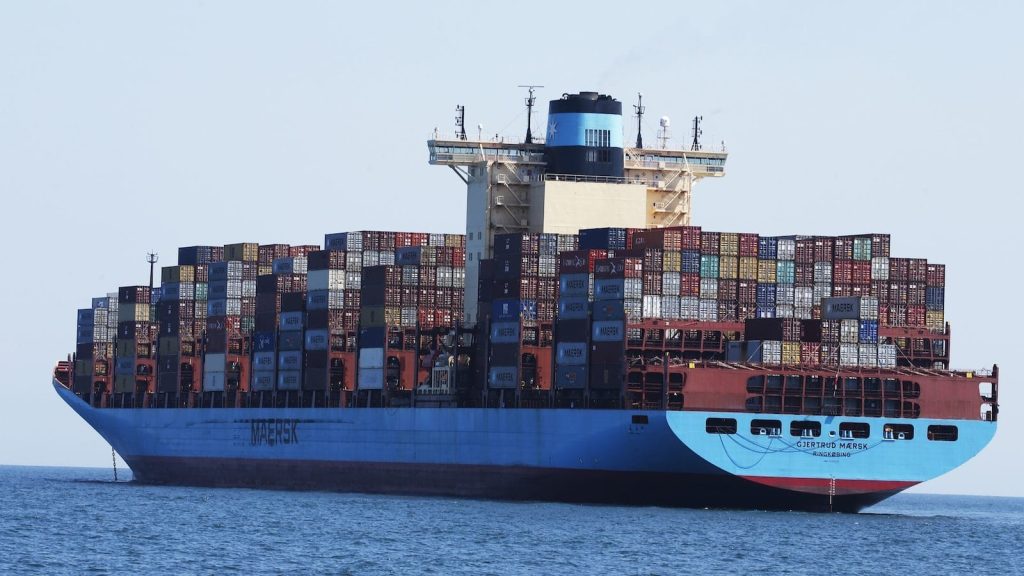GTRI Urges Government to Revive Export Promotion Schemes with ₹2,500 Crore Boost for Global Exhibitions
Economic think tank Global Trade Research Initiative (GTRI) has called on the Government to urgently scale up export promotion funding, warning that exporters are losing ground in international markets due to inadequate support and stalled schemes.
GTRI suggested allocating at least ₹2,500 crore annually under the Market Access Initiative (MAI) to help Indian exporters secure high-visibility slots at overseas exhibitions. The scheme, which traditionally supported participation in global fairs, has not received any funds in FY2025—the first such lapse in decades.
“Exporters have already missed critical opportunities between April and August. With just ₹250 crore allocated in past years, the scheme was already too small for a $440 billion export economy. A timely, scaled-up budget with funds released a year in advance is essential,” said Ajay Srivastava, Founder, GTRI.
Alongside MAI, GTRI urged the revival of the Interest Equalisation Scheme (IES), which has been suspended since April 2025, leaving MSMEs burdened with higher financing costs. Srivastava suggested an expanded IES with a five-year commitment and a budget of ₹15,000 crore to restore cost advantages for labour-intensive sectors such as textiles, leather, handicrafts, and engineering goods.
Other recommendations included:
- Immediate roll-out of the Export Promotion Mission (EPM) and operationalisation of E-commerce Export Hubs, which could unlock $10–15 billion in annual exports.
- Faster and more predictable disbursements under the Remission of Duties and Taxes on Exported Products (RoDTEP) scheme.
- Simplification of the Advance Authorisation scheme.
- Independent year-round monitoring of customs processes to cut logistics costs by 5–7%.
Highlighting the steady decline in export promotion funding, GTRI noted that the earlier MEIS scheme, with an outlay of ₹45,000 crore benefitting 40,000 exporters, was scrapped in 2020 and replaced by RoDTEP and RoSCTL with a combined allocation of just ₹20,000 crore. Most funds, it said, were diverted to the PLI scheme, which has benefitted fewer than 100 firms.
“To restore balance, India must allocate higher amounts annually to broad-based export schemes supporting MSMEs, while continuing PLI for large-scale sectors. By cutting costs 5–10% through revived schemes, exporters can gain the breathing space needed to diversify beyond the US market,” Srivastava said.


